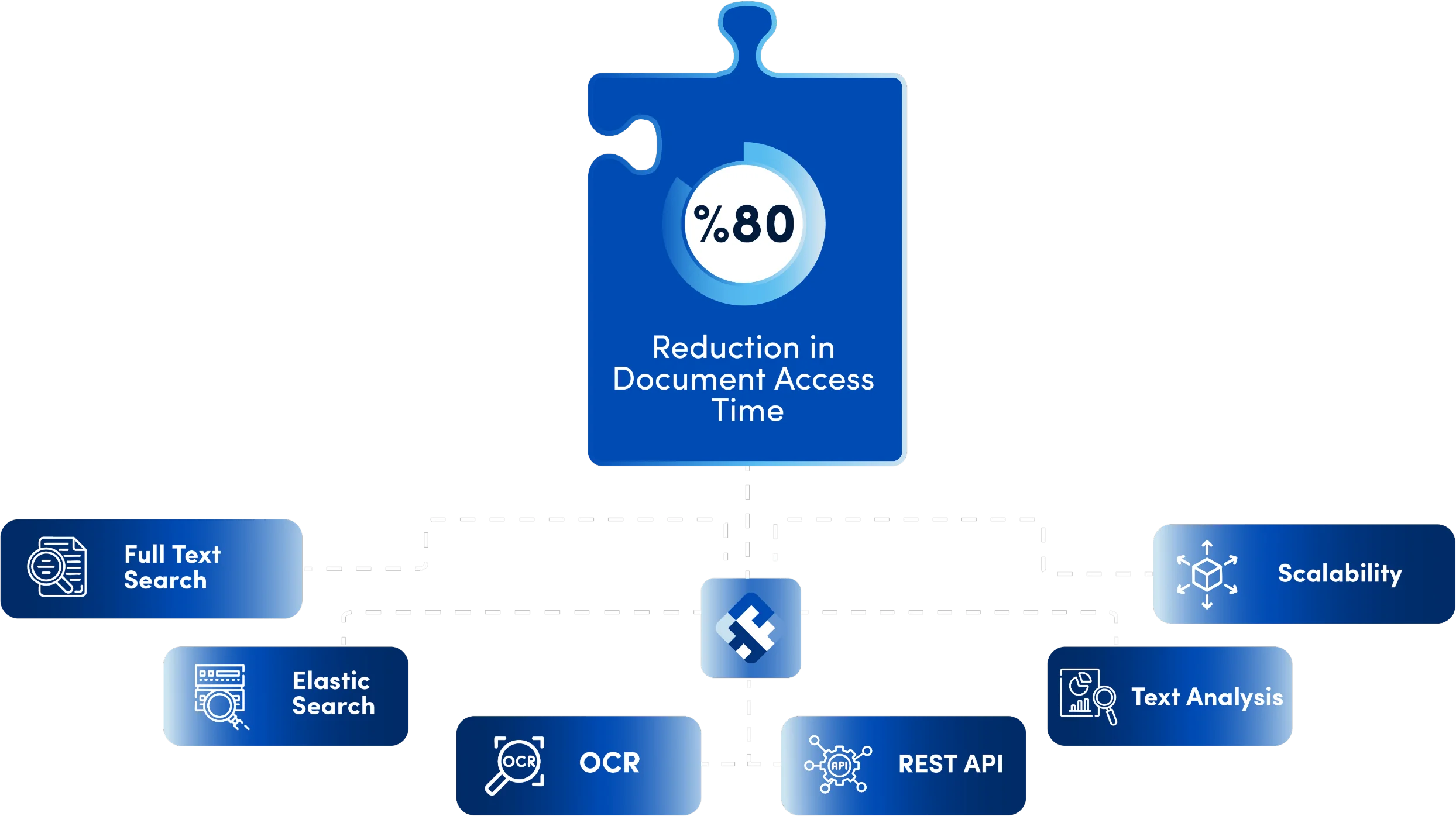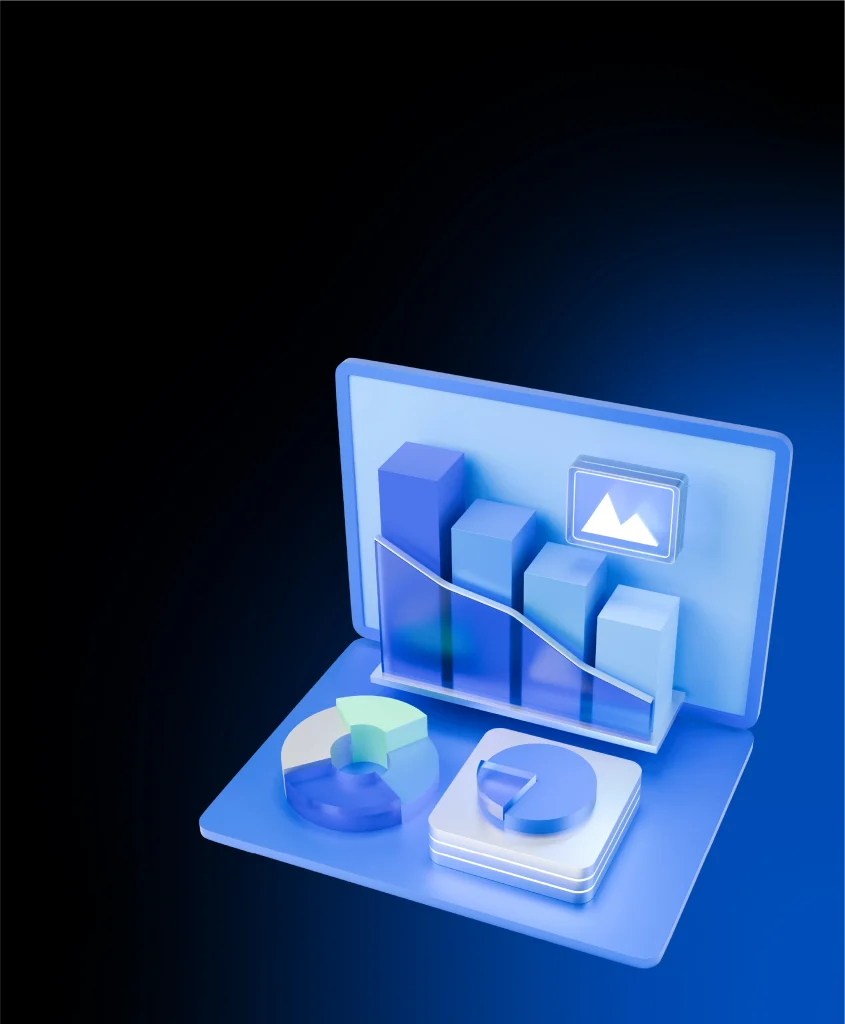The Smartest Way to Access Data with i-frame
A search engine is an information access technology that produces fast and meaningful results with specific keywords, terms or text structures among the data contained in a system or software. It increases the availability of information, saves time and guides the user.

The Difference Between Traditional Methods and i-frame
In classical software architectures, search usually only works on title or tag fields, and special filters need to be written to access information in complex data. Searching large datasets is difficult, slow and it is often left up to the user to get meaningful results.
How i-frame Transforms This Process
i-frame provides search capability in three layers:
- With Full Text Search, natural text searches can be performed on any content, including records, documents, code blocks and user profiles.
- Elastic Search provides highly accurate and scalable search results in milliseconds on large datasets.
- OCR (Optical Character Recognition) makes images or scanned documents searchable and digitized.
This tripartite structure ensures that knowledge is not superficial but structured and deeply accessible.
Empowering businesses with smart Search Engine solutions
Ease of Use and Integration Capability
| Feature | Traditional Methods | i-frame |
|---|---|---|
| Search Surface | Title, ID, limited fields | All content fields, documents, images |
| Text Analysis | None | Full-text + OCR + Elastic algorithm |
| Scalability | Limited | Real-time operation with high-volume data |
| User Experience | Dependent on filters | Meaning-based, fast, and guiding |
| Integration Capability | Limited | Works integrated with all objects |
Key Features
Full Text Search
It allows you to perform detailed searches across all platform components, including records, documents, code blocks and users.
Elastic Search Support
Fast, intuitive and filterable search in large datasets. It is a performant and intelligent search infrastructure.
OCR Integration
It enables text extraction from raster or visual files. These texts become searchable.
Comprehensive Indexing
Search efficiency is increased by detailed indexing on various dimensions such as object type, date, content type.
Search Engine APIs
REST-based API support for integration with external systems. Provides a flexible connectivity infrastructure for developers.

Where is i-frame used?
- Fast access to information in corporate document archives
- Reuse between code components or modules
- Tracing within user profiles or transaction logs
- Text mining in integrated applications
- Making old documents accessible with OCR in digital transformation projects

Who is using it?
- Knowledge managers: Those who manage archive and institutional memory systems
- IT teams: Developers looking for intelligent mappings between code segments or system objects
- Business analysts: Decision makers who generate insights on large data sets
- Public institutions: Departments that require fast and auditable searches of digitized documents

Advantages of Using i-frame
- 80% shorter time to access information
- Even confidential information or forgotten content becomes accessible
- Increased value and usability of digital documents
- Data mining can be done for analytical processes
- Creates infrastructure for corporate decision support systems

